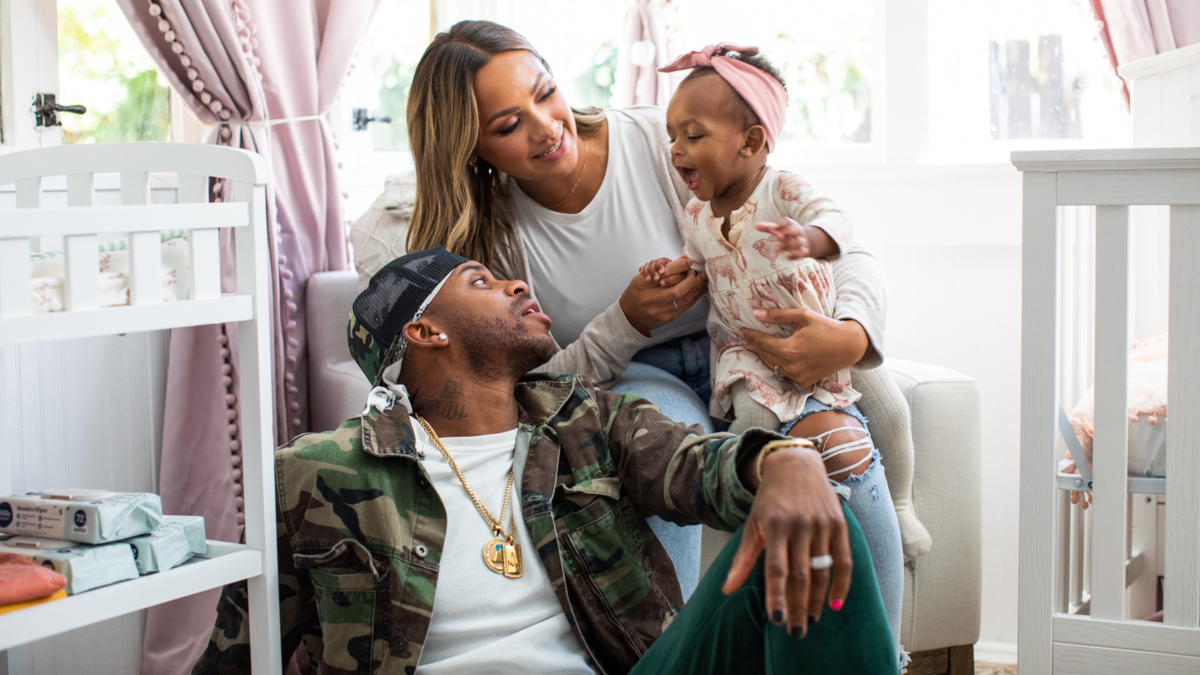
Country music star Jimmie Allen with his wife, Alexis, and daughter Zara. (Photographer: Andrea Behrends)
Sanofi takes to TikTok and Instagram to target millennials and older Gen Z parents for RSV education
What happens when you combine a country music star with a trending health issue and throw in a good measure of TikTok and Instagram? …
Sign up to read this article for free.
Get free access to a limited number of articles, plus choose newsletters to get straight to your inbox.